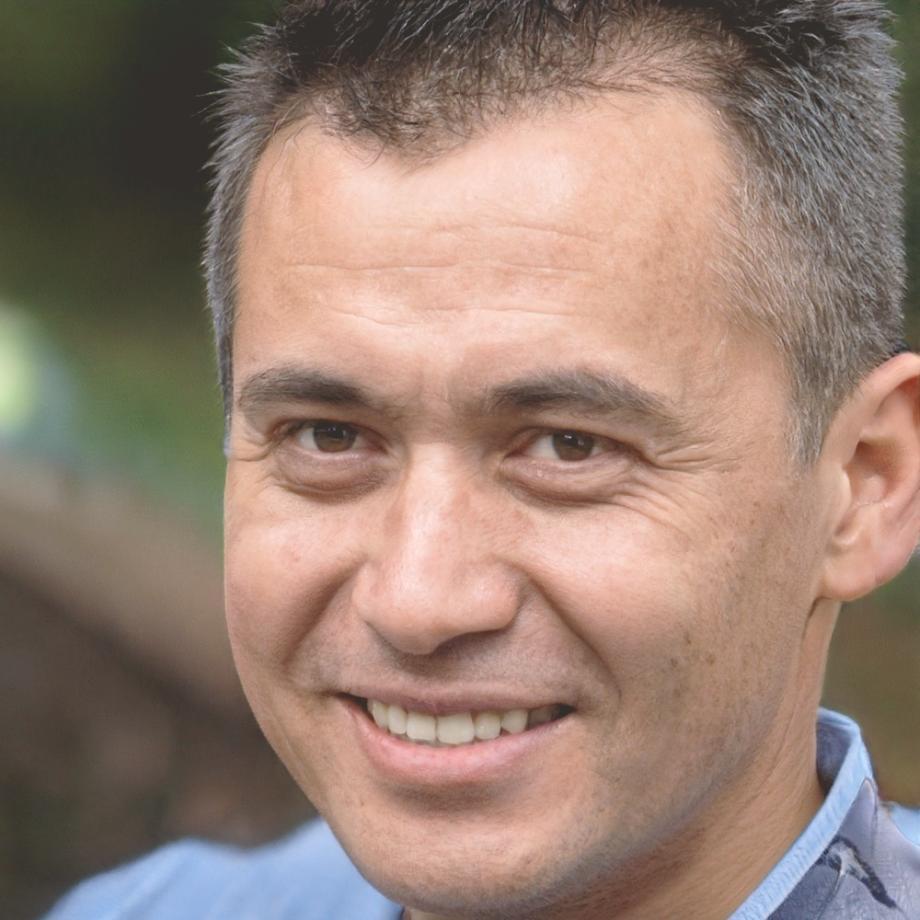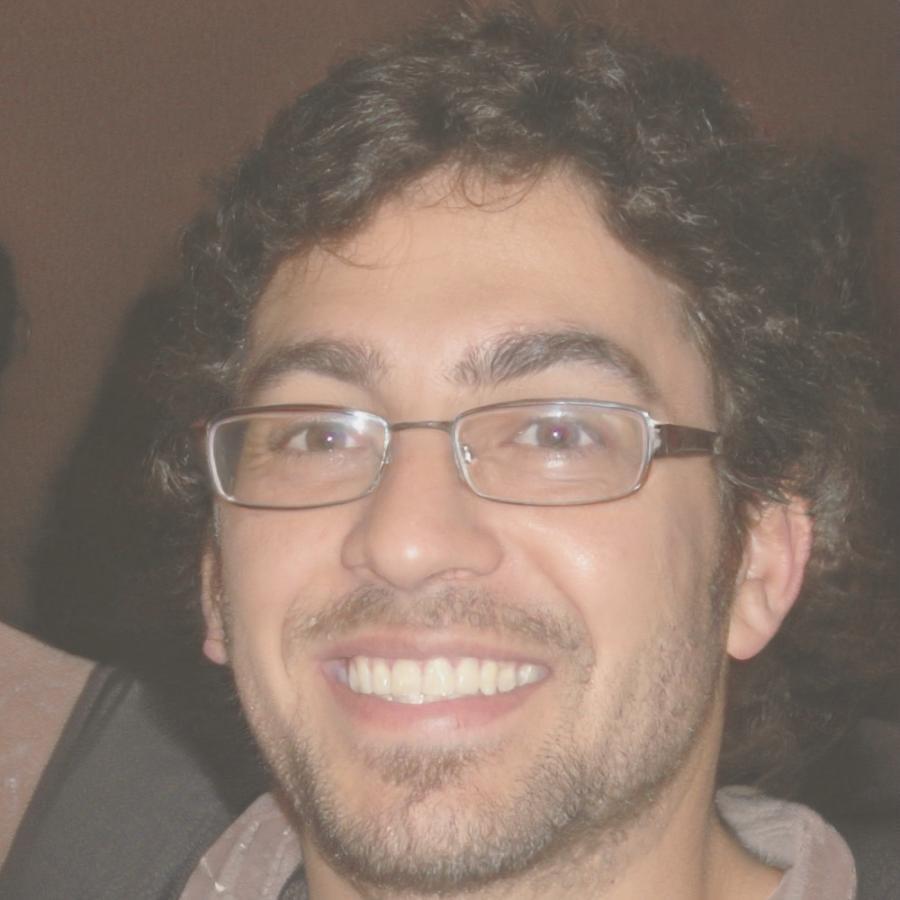Fundraising Education That Actually Prepares You
Most startup founders walk into investor meetings without really understanding what VCs are looking for. Our business education programs focus on the practical side of fundraising—from building financial models that make sense to pitching without the usual fluff. Based in Geelong, we work with founders across Australia who need straightforward guidance before they start their funding rounds.
View 2025 ProgramsCommon Questions About Our Approach
We get asked these fairly often. Instead of writing long essays, here's what you actually need to know.
If something isn't clear, just reach out. We'd rather have a conversation than make you dig through pages of marketing copy.

Who typically joins these programs?
Early-stage founders, usually pre-seed or seed stage. Some have revenue, some don't yet. What they share is needing to raise money within the next 6-12 months and wanting to understand what investors actually care about.
More about our participant backgrounds →What makes this different from pitch coaching?
We spend more time on the boring stuff—cap tables, unit economics, market sizing that holds up under scrutiny. Pitch delivery matters, but not if your numbers fall apart when someone asks a follow-up question.
How long do programs run?
Most cohorts run 8-10 weeks with weekly sessions. Our next intake starts October 2025, with another planned for early 2026. We keep groups small—usually 12-15 founders—so everyone gets attention.
Check specific dates and availability →Do you help with introductions to investors?
Not directly. We're educators, not a fund or accelerator. That said, being prepared helps you make better use of your own network. Some past participants have connected with each other for warm intros, but that's on them.
Is this only for tech startups?
No. We've worked with SaaS founders, hardware companies, consumer brands, even a wine distributor once. If you're planning to raise institutional capital, the fundamentals are similar enough that the content applies.
Who You'll Learn From
No celebrity investors or keynote speakers. Just people who've spent years helping founders get their fundraising materials in order.

Warren Huxley
Financial Modeling Lead
Spent eight years building financial models for growth-stage companies before moving into education. Warren teaches founders how to build projections that survive investor scrutiny. He's blunt about what doesn't work, which people either appreciate immediately or learn to appreciate later.

Desmond Tate
Strategy & Positioning
Previously worked in venture capital for four years before realizing he preferred helping founders prepare rather than evaluating them. Desmond focuses on market positioning and competitive analysis—the stuff that sounds simple until you try to explain why your startup is different from the 47 others in the space.

What Changes After the Program
We can't promise you'll raise money. That depends on your business, timing, market conditions, and honestly—some luck.
What we can say is that participants leave with clearer financial models, sharper positioning, and fewer obvious gaps in their pitch materials. Some go on to raise successfully. Others realize they need more traction first. Both are useful outcomes.
Here's what typically improves during the program:
Most founders arrive with unclear unit economics. By week four, they can explain their business model coherently.
Initial pitches often run 15+ minutes. We work toward versions that cover key points in under six minutes.
Founders learn to articulate competitive advantages beyond "we're better" or "we execute faster."
Participants develop data rooms and due diligence materials before they're in active fundraising mode.